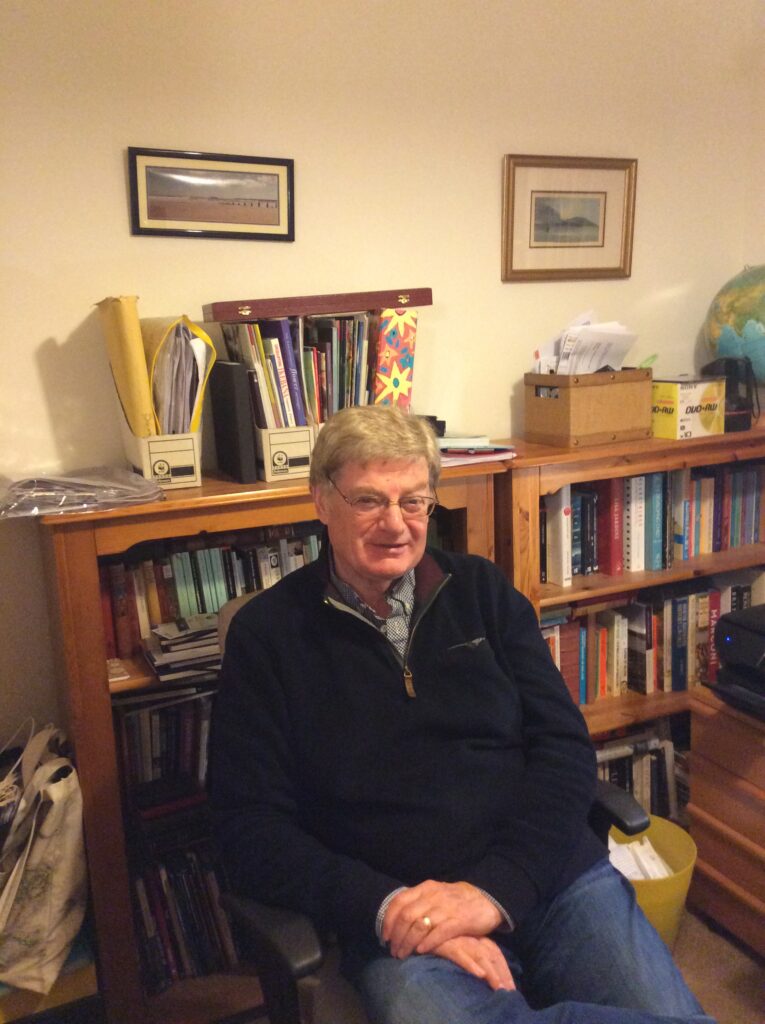29 September 2022
Arrivederci Democracy?
by Paul Branch

The land of my mother has just gone and let itself down again. Italy’s democratic elections have ushered in a far right coalition with echoes of Il Duce and everything unpleasant that evokes memories of Mussolini. Why on earth would they want to do that, you may well ask? And as usual when it comes to Italian politics, the answer is as convoluted as one of Puccini’s operas: light, melodic and beautifully orchestrated on the outside, but with a dark soul that bodes no one any good.
Italy has been moving inexorably to the right since the eclipse of their communist party and the rise of populism in the shape of Silvio Berlusconi. Billionaire media tycoon, darling of the playgirls he cavorted publicly with and of the middle-aged matrons who elected him, Berlusconi was more than Donald Trump – Silvio had the money like Trump, but he had greater political experience and nous than Donald, plus the media control of Rupert Murdoch. Now he also has more criminal convictions for fraud than either of them. He and his Forza Italia party ruled Italy until the financial crash demonstrated he had no real grasp of what it takes to properly manage a country. His popularity fell off a cliff once those who had voted him into power realised they needed substance in a leader, not throwaway promises and the froth of an ultra-lavish and somewhat sordid lifestyle, so they voted him out. But there remained a certain affection for the man, fond memories of the antics which other countries viewed as buffoonery, despite the obvious evidence that he held his own wellbeing at the heart of his policies and that of his nation’s people a somewhat distant second. As others might like to emulate, Berlusconi is reborn after a few years in the political undergrowth and now has a hold on some of the new reins of power as the old head in the new coalition.
Matteo Salvini as head of the League party brings a nationalist flavour to the Italian political cocktail, and it’s by no means as tasty as a Negroni. His party was formerly the Northern League, hoping to disassociate the more affluent north of country from the poorer, hotter, allegedly lazier scroungers in the south. And certainly include Sicily in the exclusion zone, maybe even Sardinia. Italy has always been a haven for itinerant street traders from North Africa, plying their trade in all the teeming tourist attractions where the gullible will bite your hand off for a shiny Rolex wristwatch or smart Fendi handbag. They do so because otherwise they starve, but they are no friends of Salvini, and when the boatloads of refugees started arriving from all over there was even less sympathy. Together with his euro-scepticism he brings a definite flavour of nationalistic viciousness to the new Italian festa, exemplified by the almost cavalier manner in which he brought down the last government of Mario Draghi by withdrawing from the ruling coalition.
These gentlemen of the lesser parties between them polled 17% of the popular vote, down from over 31% four years ago, so you could say the influence of the octogenarian Berlusconi and the middle-aged Salvini is in steady decline albeit still significant. They are particularly disliked among the younger population who perhaps are not quite as drained by Italian politics and politicking as their elders. The winners of the election were the previous main opposition, the Brothers of Italy with 26%, led by Giorgia Meloni. In terms of parliamentary seats, the three-way coalition has a comfortable majority in both the Senate and the Chamber of Deputies. Giorgia has a couple of factors going for her: she’s relatively young at only 45, and Glory Be she’s a woman … quite a change from the more senior males who have traditionally led Italy. There’s a distinctive oratorical style to her electioneering, a flamboyancy almost that appeals but doesn’t detract from the way she gets her points across. Although she seems to focus on issues and promises people want to hear (not uncommon in a politician), Meloni comes across as very smart and no one’s fool. Politically and ideologically she has a lot in common with her two coalition partners, maybe more so with Salvini, but she clearly has her own distinctive murkier side.
Much has been made of her admiration for Benito Mussolini, and up until recently she also thought Vladimir Putin a good chap and wise leader but has since changed her mind. However, her roots as a young activist are in the principles of Christianity, nationalism and strong leadership, with a tendency to re-use Mussolini’s slogan “God, Family, Italy!” whilst denying any connections with traditional fascism. Giorgia was born in Rome to Sicilian and Sardinian parents, was raised mainly by her mother after her father left home, has educational qualifications in languages, was very active in political youth movements varying from socialist to neo-fascist, worked as a nanny, waitress, night club bar tender and journalist, and gained electoral office in 2006. Her political career took off as part of Berlusconi’s government when she became the youngest-ever minister in the history of united Italy, her partner works for Berlusconi’s Mediaset company, they have a daughter, and she is said to be greatly admired by Hillary Clinton. Quite a lady, with wide social and professional experience who seems to grasp the reforms her country wants, and certainly different from the likes of Thatcher, May and Truss.
So what’s not to like? Her attitude towards the EU is very positive when it comes to continuing support of Ukraine for armaments against Russia, and although she will argue strongly that Italy needs her European partners to do far more in sharing the economic and social costs of the refugee crisis, as well as seeking better cooperation on energy provision, she does not have the strong anti-EU negativity of Salvini. On the downside however, Meloni does have some extreme views on the influence of the LGBT+ community and same-sex relationships, and demonstrates Islamophobic tendencies.
Quite how that matches up to her professed Christianity remains to be seen, but the other concern is how far she can get with changing Italy’s constitutional culture to give a more authoritarian (some might even say autocratic) look to its government. The constitution of 1948 enshrined women’s rights for the first time in Italy, but it also decreed that the President be appointed by votes within the elected parliamentary members rather than by a national referendum. Although the latter sounds the more democratic path, it’s had unfortunate historical consequences for the rise of dictatorships, in Italy and also in Germany. Meloni has indicated she will give it a try, for the good of democracy.
Being in power and having to deliver on promises is a lot different to being in opposition, as hopefully Keir Starmer will soon discover. Italians are well used to disappointment in their governments, and have a habit of changing leaders before the end of their full term. Whether Signora Meloni will be able force through her changes for the good of the population or for her own leadership style remains to be seen. She can give short shrift to her coalition partners who rely on her for their continued retention of power in government, but her ability to stay the pace before the next Italian soap opera starts is the main issue. Buona fortuna, Giorgia – good luck with that.


